LEARNING FROM THE PROCESSES CARRIED OUT
● Contribute to individuals and institutions in the fields of education and caregiving
INVESTIGACIÓN
The evaluation and monitoring processes we develop are a contribution to individuals and institutions in the fields of education and caregiving, for those working on the development of new practices, alternative forms of learning, and self-care.
This video was made at the end of the program implemented at El Carmen Hospital in Maipú, Santiago.
Research has been a fundamental aspect in the process and development of our work. From the beginning, we have incorporated it into all the educational programs we have carried out, allowing us today to have clarity regarding the positive results and the impact of the methodological framework we have developed over these nine years of work.
WHAT IS THE RESEARCH FOR?
-
It contributes to knowledge, understanding, and the development of methodologies and their effects.
-
We learn from the processes carried out, understand and recognize the differences across the various contexts in which we work, adapting better to each one.
-
It allows us to receive feedback on our processes, practices, and work methodology, as well as to provide feedback to those who participate and to the organizations that support us.
-
It helps identify barriers and needs in different contexts in order to develop effective and concrete solutions.
-
It creates content and support materials for the programs, accompanying the process of building capacities and skills in the various communities.
-
It identifies the needs we have as a team, what aspects we need to deepen, adjust, or modify.
-
It supports project management and formulation to grow and strengthen partnerships that allow us to be a sustainable foundation over time.
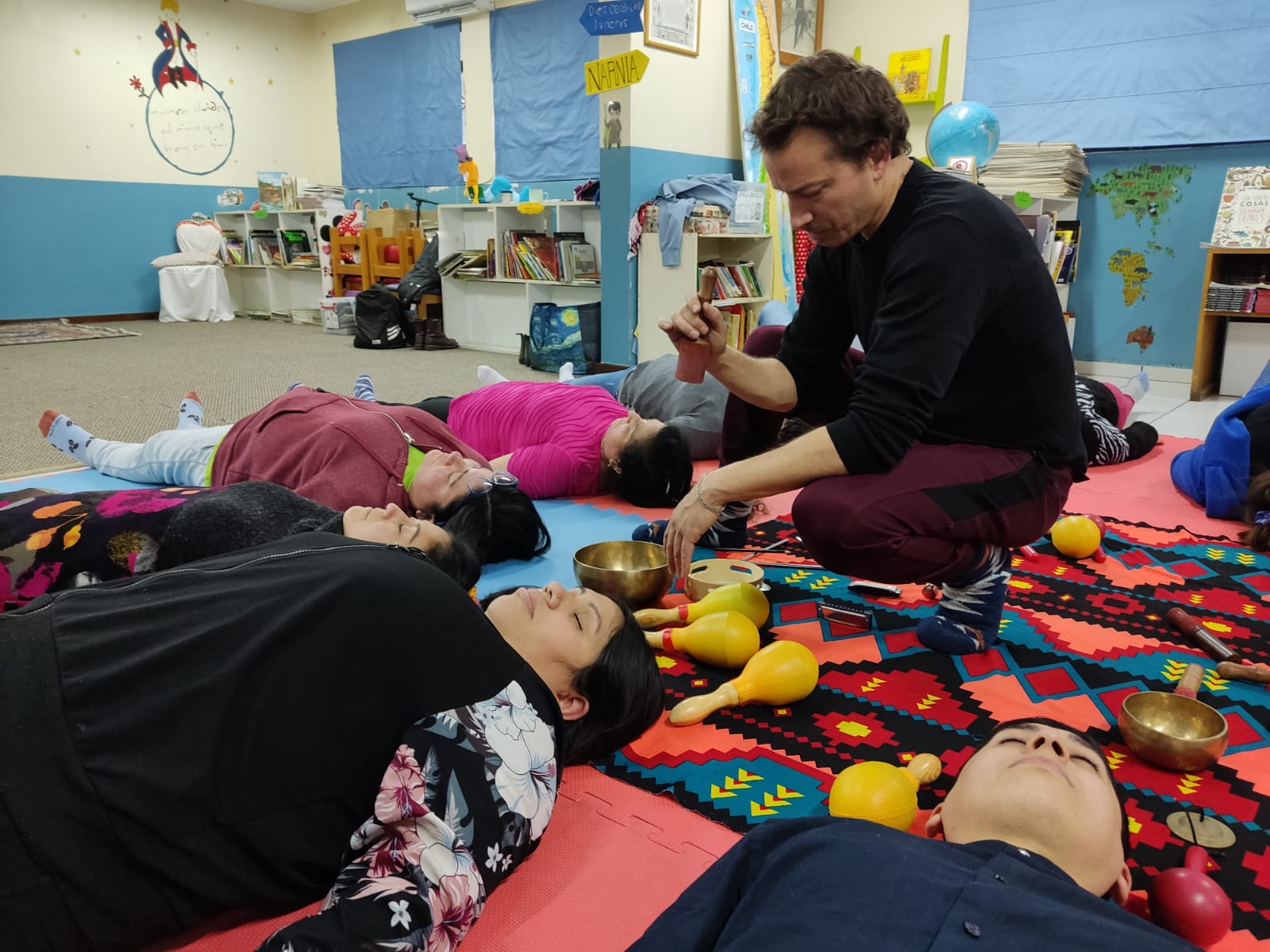
We analyze the activities and dynamics of our workshops; we observe the physical, sensory, socio-emotional, cognitive, social, and communicative development of the participants, their interactions, and expressions; we listen to the needs and expectations of the participants. In this way, we provide theoretical and empirical support to the work we do.
METHODOLOGY AND INSTRUMENTS
- Interviews and/or questionnaires with parents, guardians, teachers, and others involved in the process.
- Checklist to evaluate effects and measure results in students.
- Teacher reports.
- Case studies of participants.
- Photographic and audiovisual records of the processes.
EVALUATION AND MONITORING REPORTS
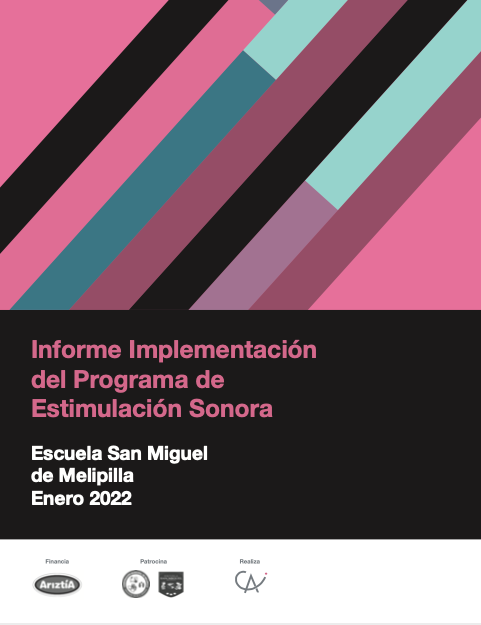
Report on the Program for Students at San Miguel School, Melipilla, Santiago PDF
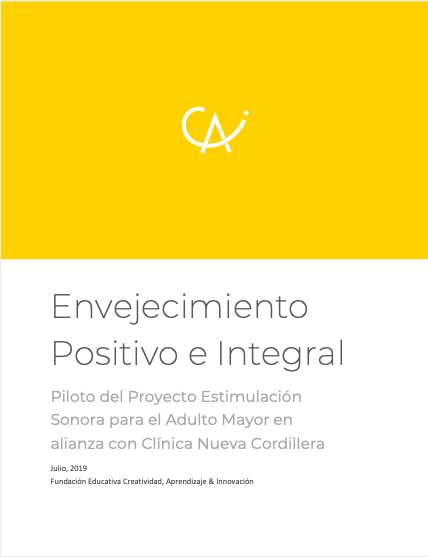
Pilot Report for Older Adults – Positive and Integral Aging, Nueva Cordillera Clinic, Las Condes, Santiago PDF
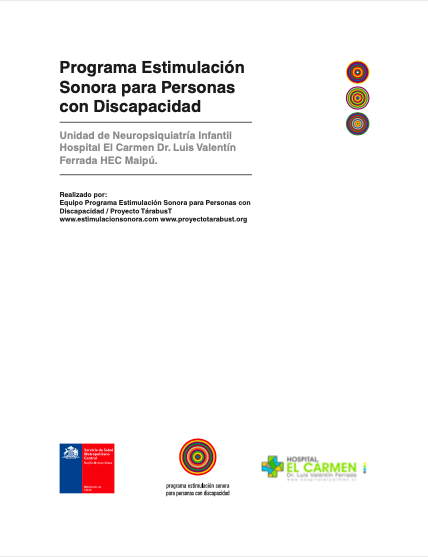
Report on the Program for Individuals with Disabilities – El Carmen Hospital HEC, Maipú, Santiago PDF
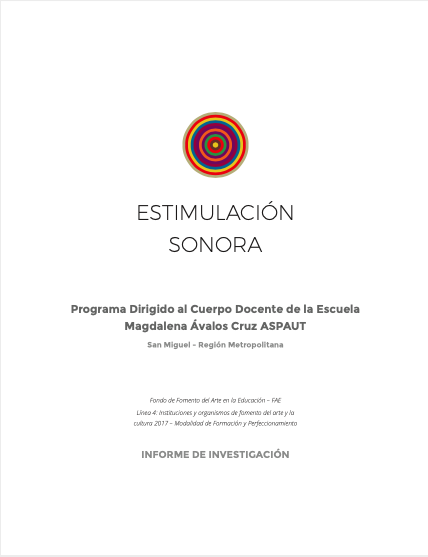
Report on the Teacher Training Program at Magdalena Ávalos Cruz School ASPAUT, San Miguel, Santiago. PDF
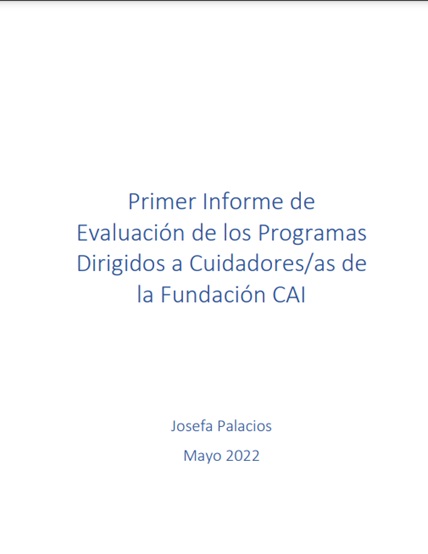
First Evaluation Report of the Programs for Caregivers by Fundación CAI 2023 PDF
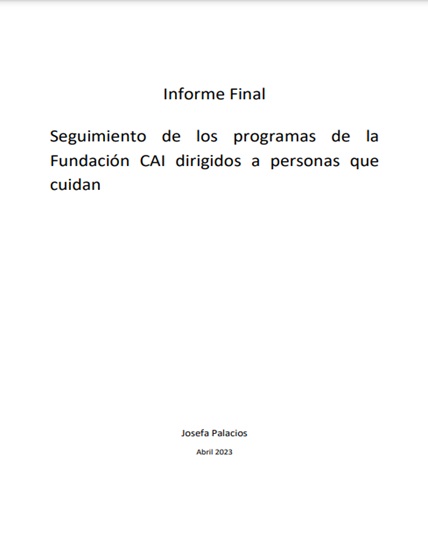
Final Evaluation Report of the Programs for Caregivers by Fundación CAI 2023 PDF
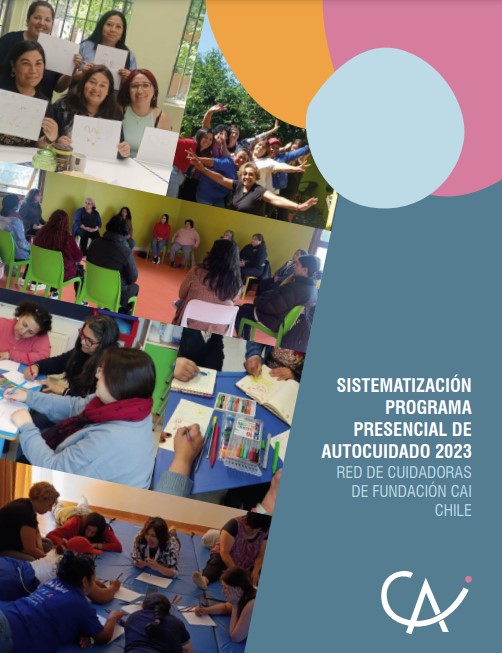
Systematization of the Self-care Program, Caregiver Network Fundación CAI 2023
